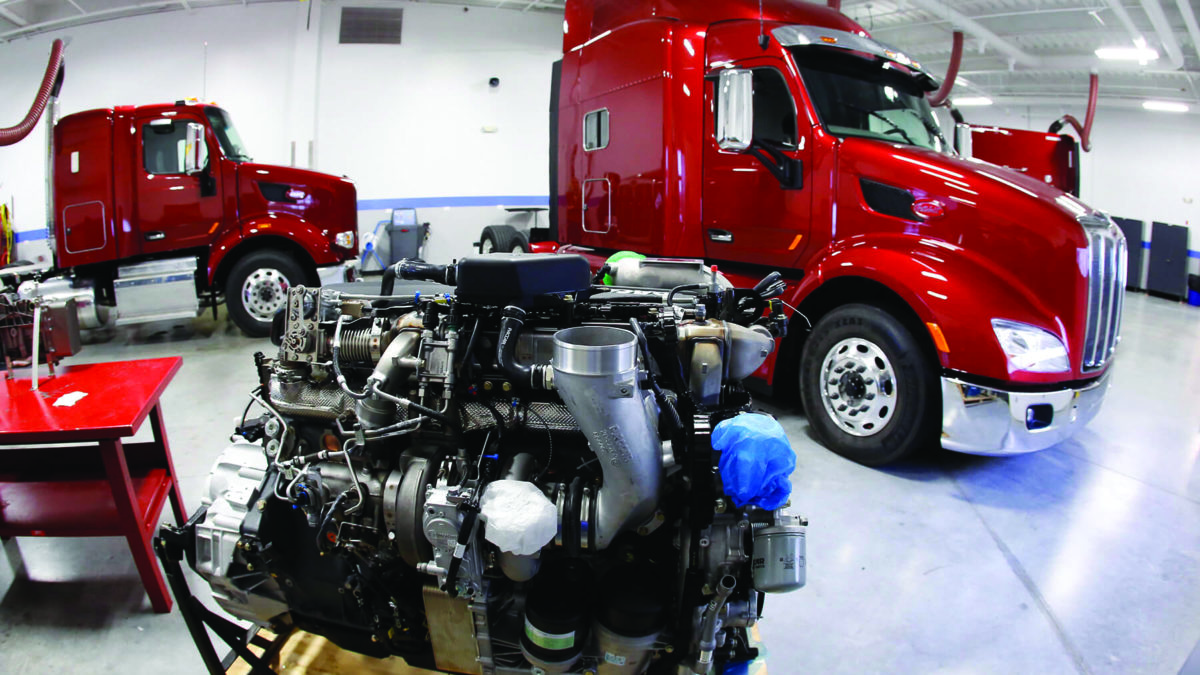Automotive Online Schools
In today's fast-paced world, it's important for individuals to have specialized skills in order to stay ahead of the competition. One industry that continues to thrive is the automotive industry, and with it comes the need for skilled technicians and mechanics. If you're interested in pursuing a career in the automotive field, it's important that you attend a reputable school that will equip you with the necessary skills and knowledge to succeed.
Do Automotive Schools Really Work on Cars?
The short answer is yes, automotive schools do work on cars. These institutions provide hands-on training to students so that they can gain practical experience in repairing and maintaining different types of vehicles. Students learn about basic repairs like oil changes and tire rotations, as well as more advanced techniques like engine repair and transmission replacement. The goal is to prepare students for the workforce so that they can provide top-notch service to customers.

When you attend an automotive school, you can expect to work on a wide range of vehicles, including cars, trucks, and even motorcycles. Some schools may specialize in certain areas, such as diesel engines or collision repair, while others provide a more general education. Regardless of the type of school you choose, you'll have the opportunity to work with instructors who are experts in their field and who can provide valuable insights and guidance.
Throughout your automotive education, you'll come across a variety of related entities that are vital to the industry. For example, you'll learn about different types of tools and equipment that are used in repairs, as well as various automotive parts and systems. You'll also become familiar with different types of vehicles and their specific needs, such as those that are designed for off-roading or towing heavy loads.
Another important entity in the automotive industry is customer service. When you work as a technician or mechanic, you'll need to interact with customers on a regular basis. This means that you'll need to develop strong communication skills and learn how to provide excellent service. Ultimately, your goal will be to diagnose and repair vehicles as quickly and efficiently as possible, while ensuring that customers are satisfied with the experience.
The Importance of Safety
Working on cars can be dangerous, which is why safety is a top priority in the automotive industry. When you attend an automotive school, you'll learn about different safety procedures and protocols that are designed to protect both technicians and customers. For example, you'll learn about proper lift techniques, how to handle hazardous materials, and how to use personal protective equipment (PPE) like gloves and goggles. By following these safety protocols, you can ensure that your work environment is as safe as possible.
Tips for Success in Automotive School
If you're considering attending an automotive school, there are several tips that can help you succeed:
- Stay organized – Keep track of assignments and deadlines so that you don't fall behind.
- Participate in class – Ask questions, engage in discussions, and take advantage of hands-on opportunities.
- Network with others – Build relationships with instructors, classmates, and industry professionals.
- Take advantage of resources – Use textbooks, online resources, and other materials to supplement your learning.
- Stay current with industry trends – Read industry publications and attend relevant conferences and events.
Ideas for Starting Your Automotive Career
Once you graduate from an automotive school, there are several career paths you can pursue:
- Technician – As a technician, you'll diagnose and repair vehicles. This could involve working in a dealership or an independent repair shop.
- Mechanic – Mechanics typically work on more advanced projects like engine overhauls and transmission replacements.
- Specialist – Some technicians choose to specialize in certain areas like diesel engines or hybrid vehicles.
- Service Writer – Service writers work directly with customers to ensure that their needs are met and that repairs are completed on schedule.
- Shop Owner – If you have an entrepreneurial spirit, you could choose to start your own automotive repair shop.
Frequently Asked Questions
1. What is the difference between a technician and a mechanic?
A technician typically focuses on diagnosing and repairing vehicles, while a mechanic typically focuses on more advanced repairs like engine rebuilding and transmission replacement.
2. How long does it take to complete an automotive school program?
The length of an automotive school program can vary, but most programs take anywhere from 6 months to 2 years to complete.
3. Do I need prior experience to attend automotive school?
No, most automotive schools are designed to teach students everything they need to know, regardless of their previous experience.
4. What kinds of jobs are available to graduates of automotive school?
Graduates of automotive school can pursue a variety of careers, including technician, mechanic, specialist, service writer, and shop owner.
5. What's the difference between a certificate and a degree program?
A certificate program typically takes less time to complete and focuses on specific skills, while a degree program takes longer to complete and provides a more comprehensive education.